Search: + include / - exlude / * anything
eg: org* -xyz +uvw -> returns all entries with 'organizations' and 'uvw and not 'xyx'
eg: org* -xyz +uvw -> returns all entries with 'organizations' and 'uvw and not 'xyx'
15 Results Found
– domains tagged with 'Content Creation'
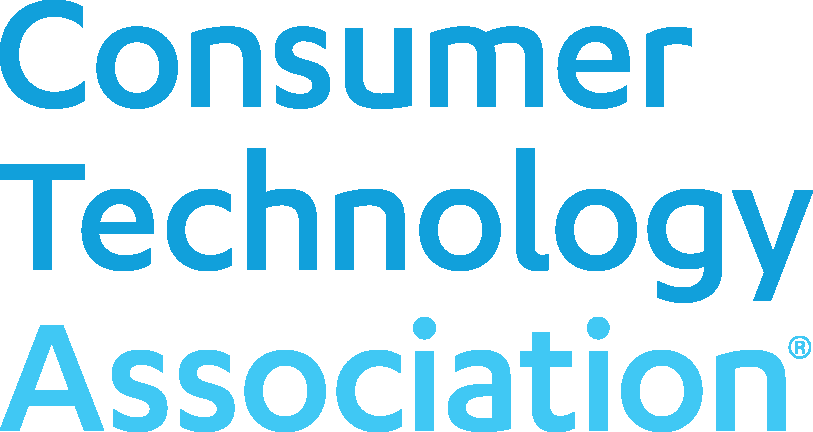
Consumer Technology Association
Standards, Events (including CES trade show), market research, policy and regulatory work
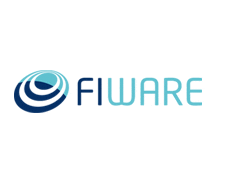
FIWARE Foundation e.V.
FIWARE Foundation drives the definition - and the Open Source implementation - of key open standards that enable the development of portable and interoperable smart solutions in a faster, easier and affordable way, avoiding vendor lock-in scenarios, whilst also nurturing FIWARE as a sustainable and innovation-driven business ecosystem.
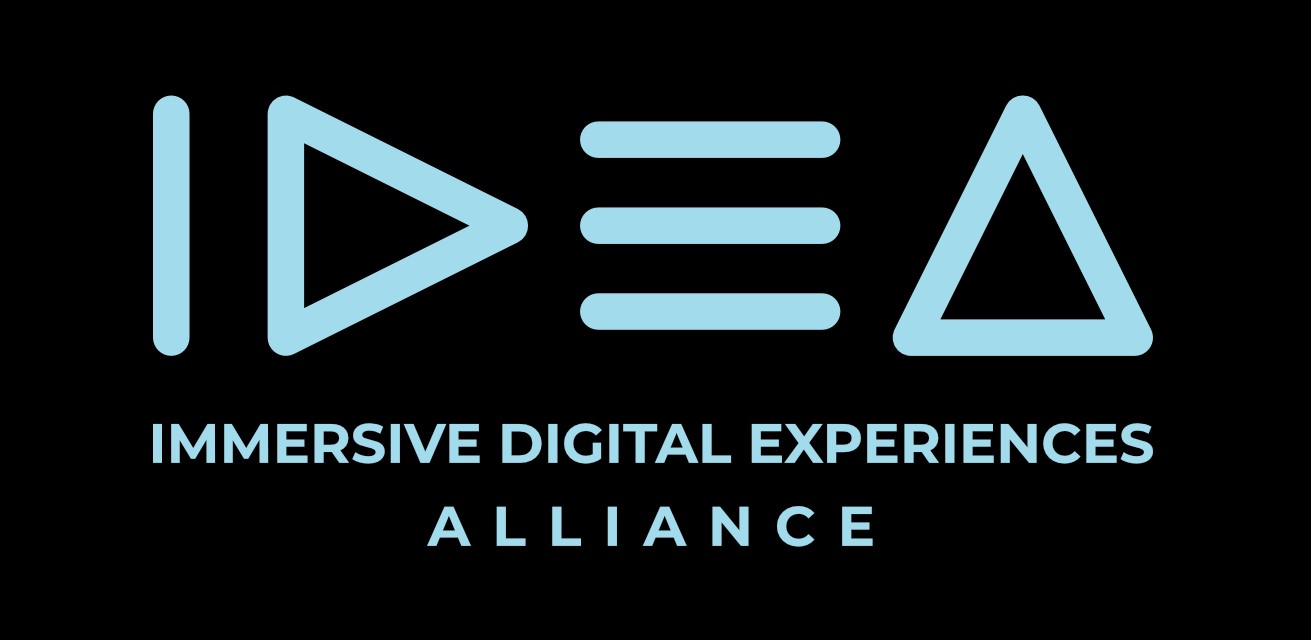
Immersive Digital Experiences Alliance
The Immersive Digital Experiences Alliance (IDEA) is a non-profit industry alliance working towards developing a family of royalty-free technical specifications that define interoperable interfaces and exchange formats to support the end-to-end conveyance of immersive volumetric and/or light field media.
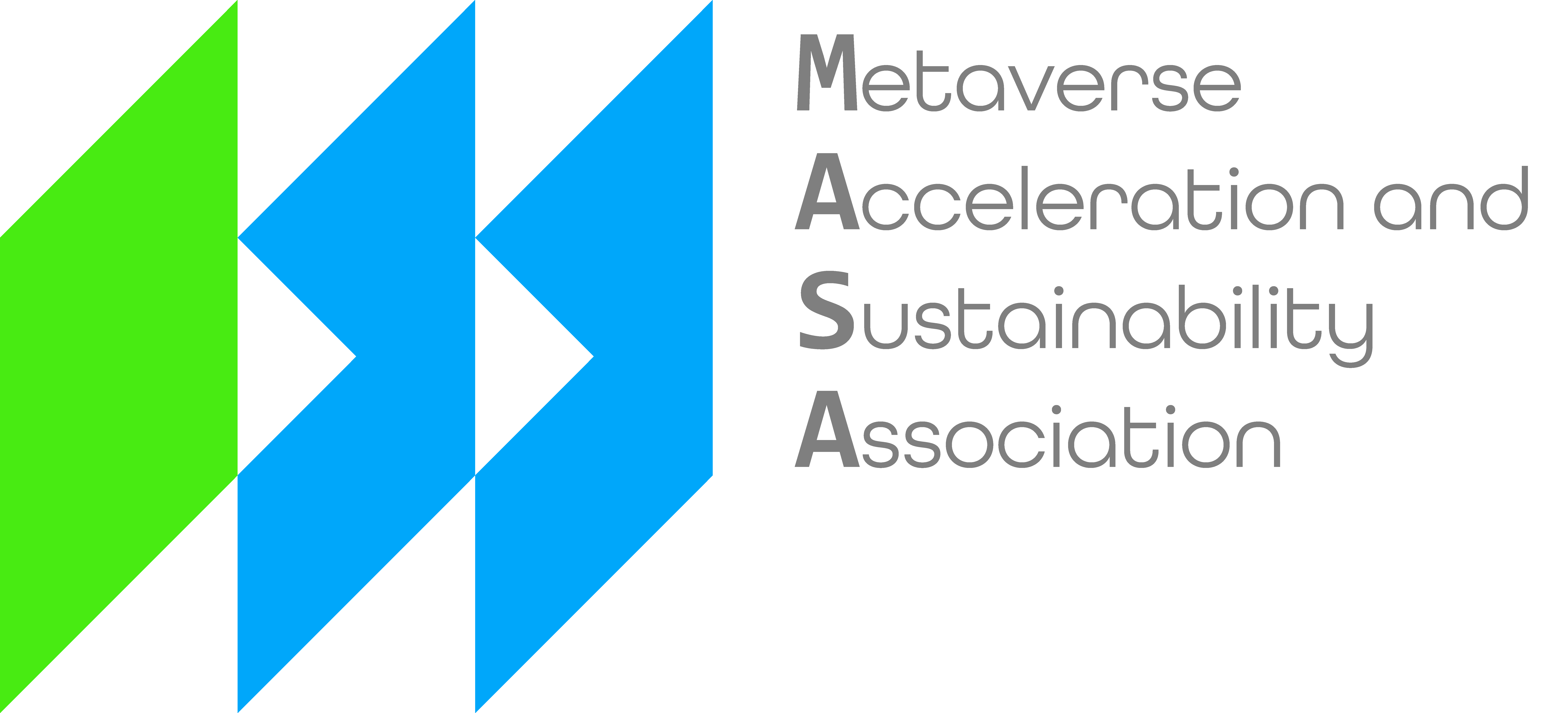
Metaverse Acceleration and Sustainability Association, Inc.
The mission of the Metaverse Acceleration and Sustainability Association (MASA) is to undertake activities to accelerate the development of metaverse-related technologies, ecosystems and markets across the world, and to do so in a sustainable manner, supporting sustainable development goals. Our workstreams include but are not limited to: - Landscape, Outlook, and Roadmaps - Open Standards, Conformity Assessment and Certification - Open-Source Reference Implementations and Pilot Applications - Digital Assets Pool and Exchange - Innovation-Driving Competitions and Rankings - Advocacy and Lobbying for Broad Acceptance and Adoption - Coordination for Responsible Development: Safety, Privacy, Ethics, Inclusion, and Sustainability - Metaverse Commercialization, Capitalization, and Monetization

MPEG (under ISO/IEC JTC1/SC29)
MPEG is the group that develops standards for coded representation of digital audio, video,3D Graphics and genomic data. Since its establishment in 1988, the group has producedstandards that help industry offer end users an ever more enjoyable digital mediaexperience.

OMA3
Create standards, software repositories, and infrastructure for the Web3 metaverse
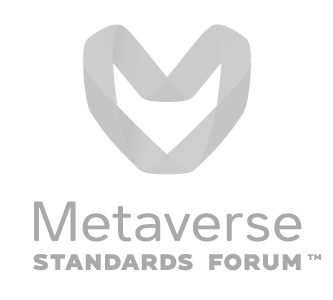
Open AR Cloud
All real-world to digital world related use-cases that could benefit from open standards, protocols, architectures and best practice guidelines.
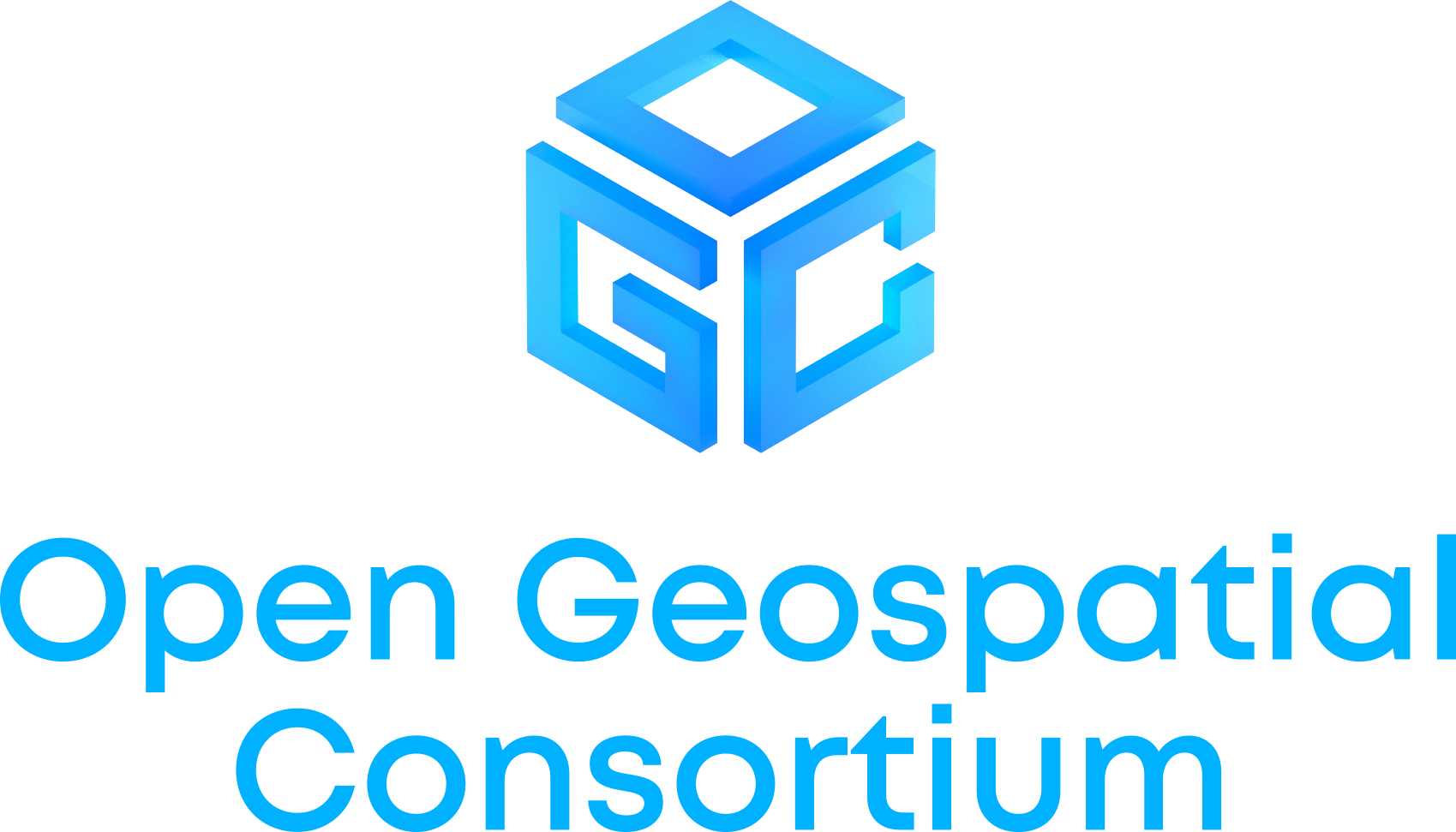
Open Geospatial Consortium, Inc.
The Open Geospatial Consortium (OGC) is an international consortium of more than 500 businesses, government agencies, research organizations, and universities driven to make geospatial (location) information and services FAIR - Findable, Accessible, Interoperable, and Reusable. OGC's member-driven consensus process creates royalty free, publicly available, open geospatial standards. Existing at the cutting edge, OGC actively analyzes and anticipates emerging tech trends, and runs an agile, collaborative Research and Development (R&D) lab - the OGC Innovation Program - that builds and tests innovative prototype solutions to members' use cases.

Open Metaverse Foundation
Open Source software projects for the Open Metaverse

Open Metaverse Interoperability Group (OMI Group)
The Open Metaverse Interoperability Group is an open source community of industry professionals, independent creators, and passionate enthusiasts whose goal is to build interoperable technology together. OMI's mission is to bridge virtual worlds across interfaces & technologies by researching, designing & promoting protocols for identity, social graphs, inventory, and sharing of creative work in the 3D web & open metaverse.

The DigitalCore(TM) Consortium
Global Vision: Unlocking physics in a computer.Global Mission: To unlock innovation and advancements across industries by creating a shared foundation for digital material representation.*Please see attached deck in the Supplementary Information section.

The Khronos Group, Inc.
The Khronos Group is an open, non-profit, member-driven consortium of over 200 industry-leading organizations creating advanced, royalty-free interoperability standards for 3D graphics, augmented and virtual reality, parallel programming, vision acceleration, machine learning, and camera system runtimes. Khronos standards include Vulkan(R), Vulkan(R) SC, OpenGL(R), OpenGL(R) ES, OpenGL(R) SC, WebGL(TM), SPIR-V(TM), OpenCL(TM), SYCL(TM), OpenVX(TM), NNEF(TM), OpenXR(TM), 3D Commerce(TM), ANARI(TM), glTF(TM), and Kamaros(TM). Khronos members are enabled to contribute to the development of Khronos specifications, are empowered to vote at various stages before public deployment and are able to accelerate the delivery of their cutting-edge accelerated platforms and applications through early access to specification drafts and conformance tests.
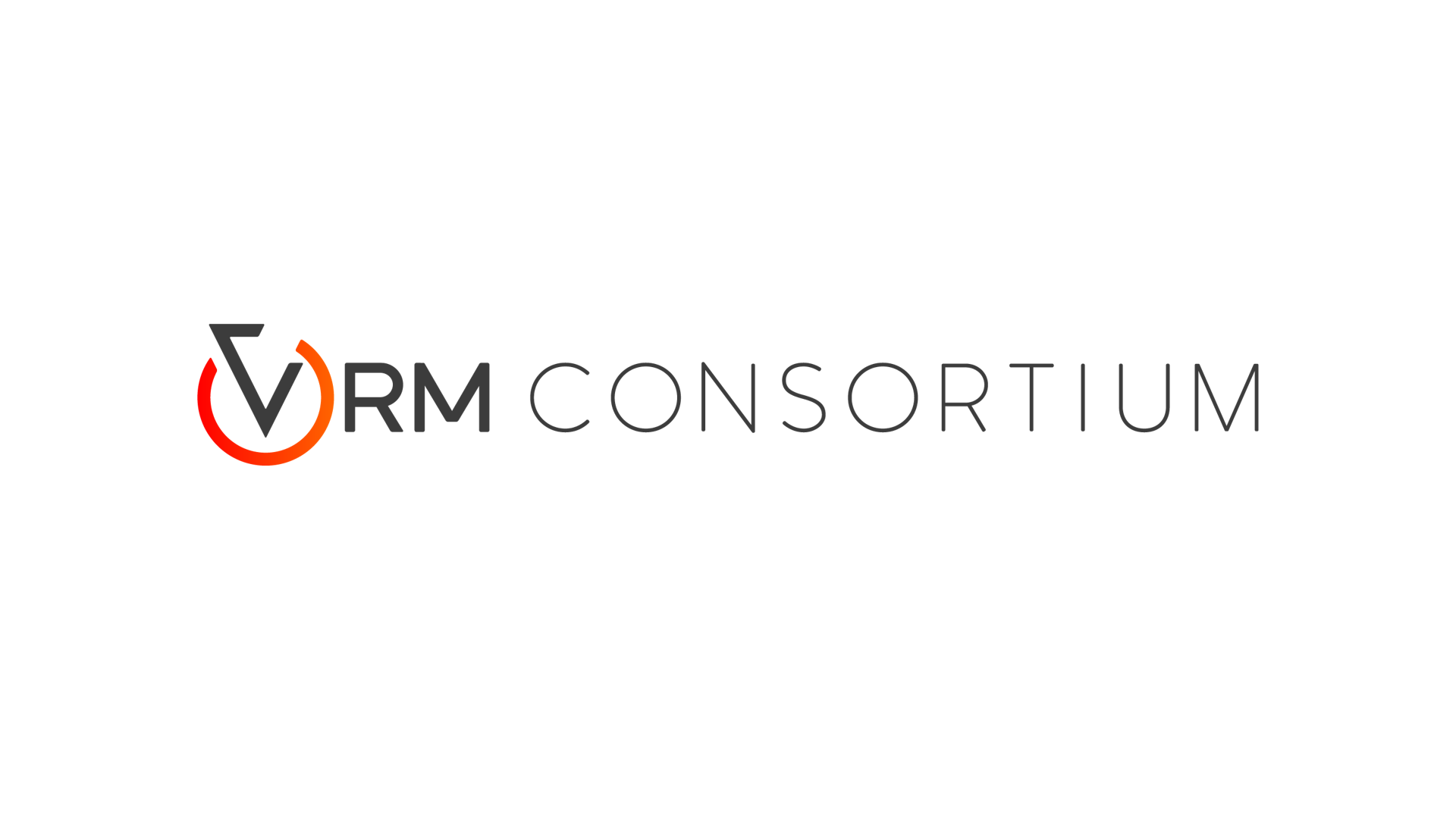
VRM Consortium, Inc.
The VRM Consortium was established to advocate for the platform-independent 3D avatar file format VRM, disseminate VRM and establish unified standards.

Wabi Foundation
An American nonprofit organization dedicated to fostering the growth of the open-source Metaverse, founded upon universal interoperability of open standards and protocols, decentralized away from individual corporations and government regulations.

Web3D Consortium
Open Standards for Real-Time Communication. The Web3D Consortium promotes deployment of ISO-ratified 3D standards for the communication of interactive 3D scenes in multiple applications, use cases, platforms, and domains.